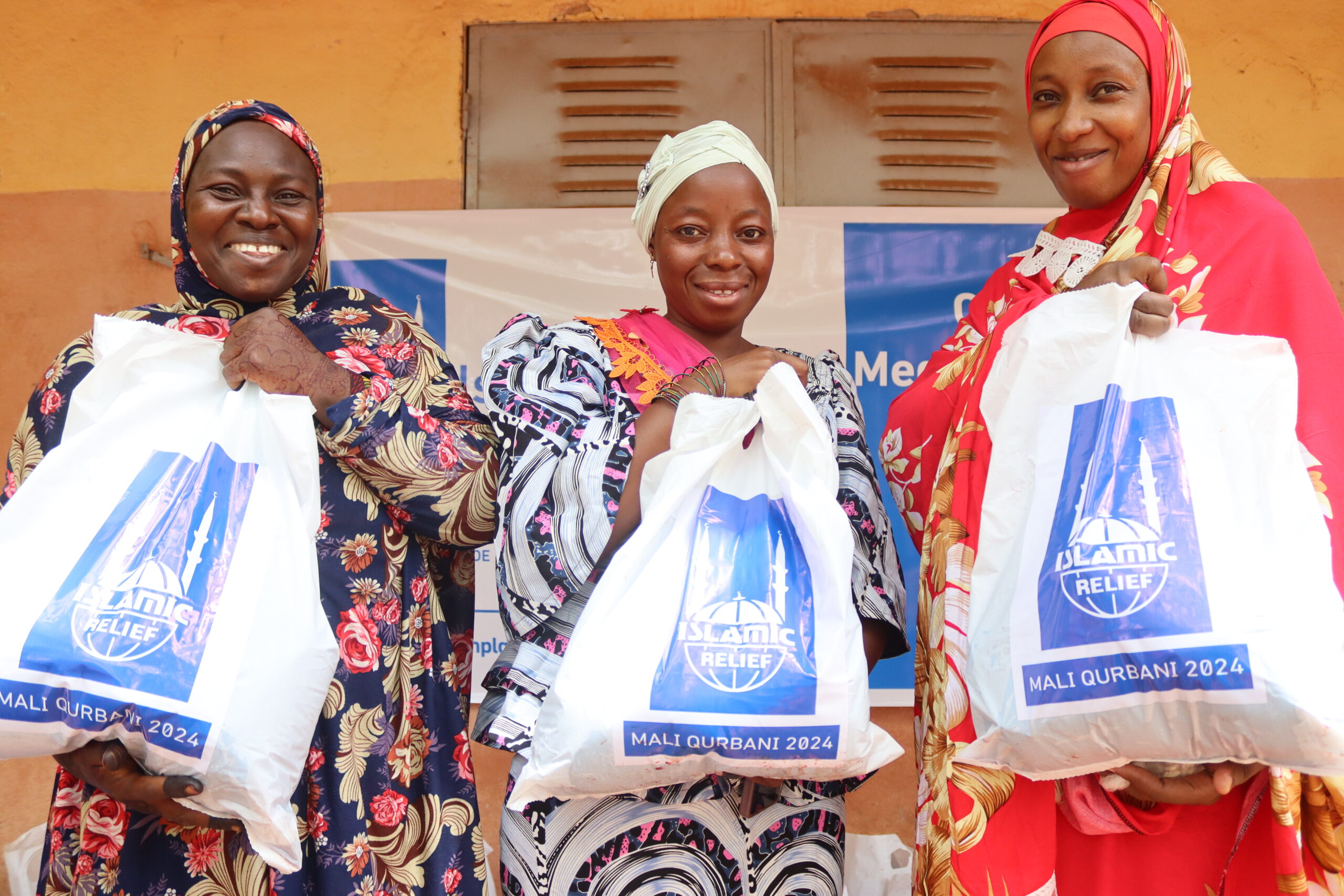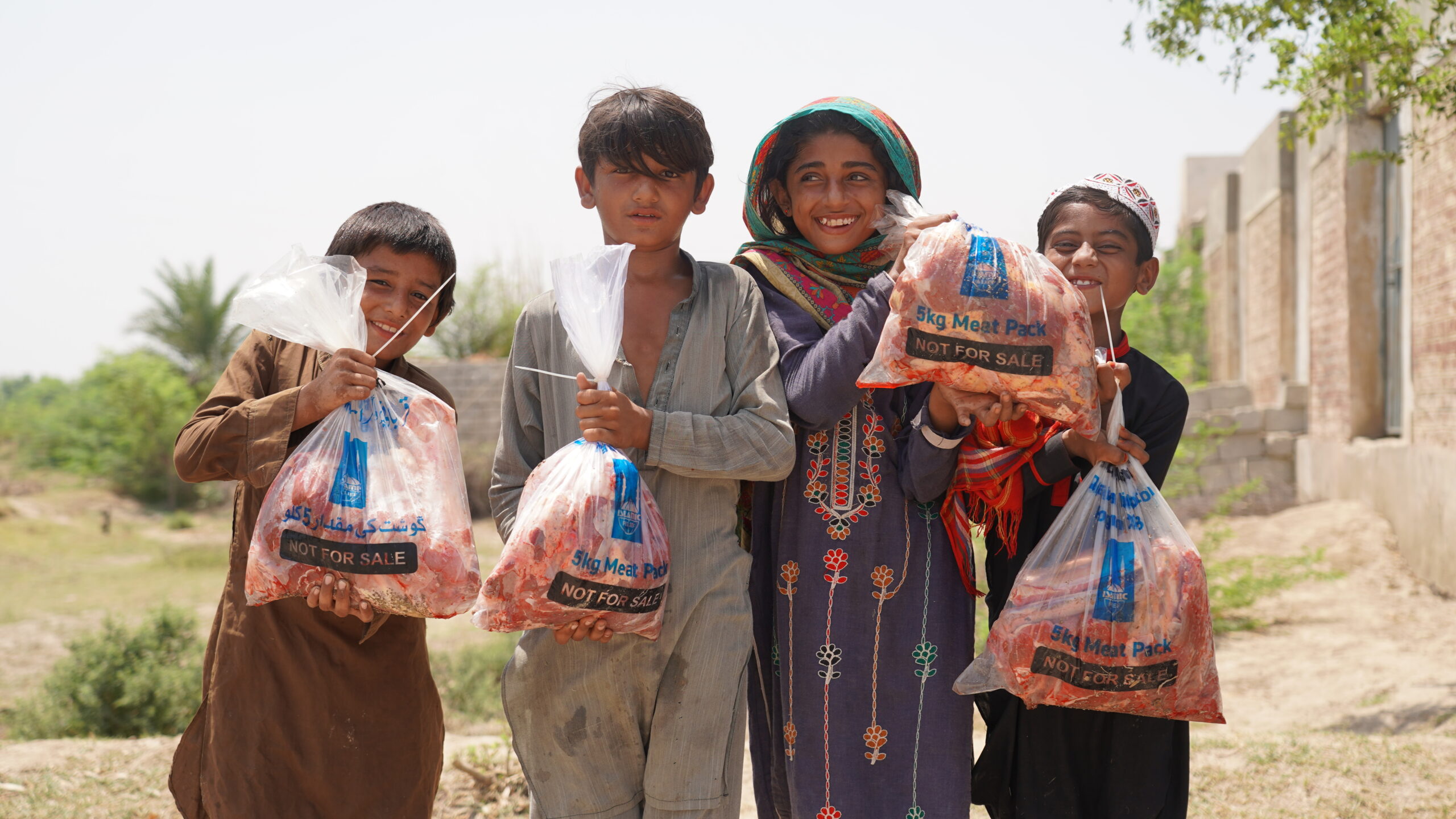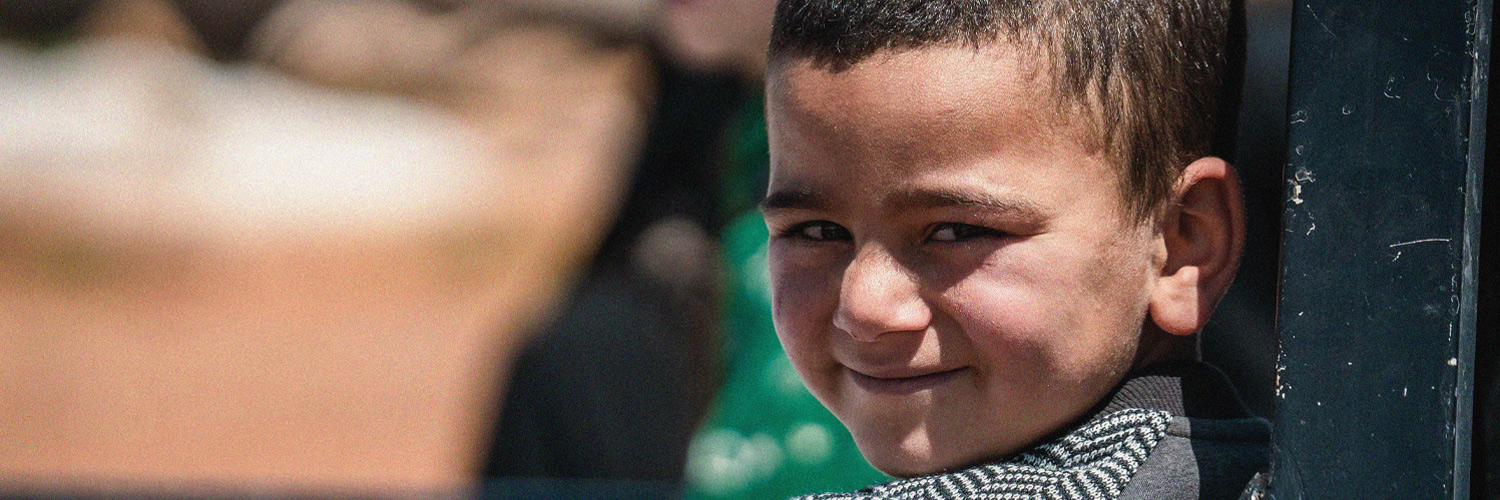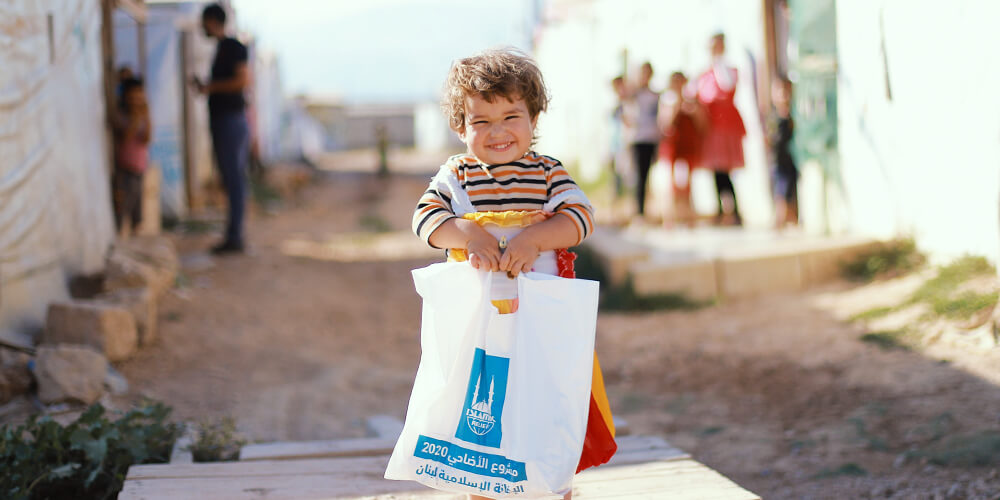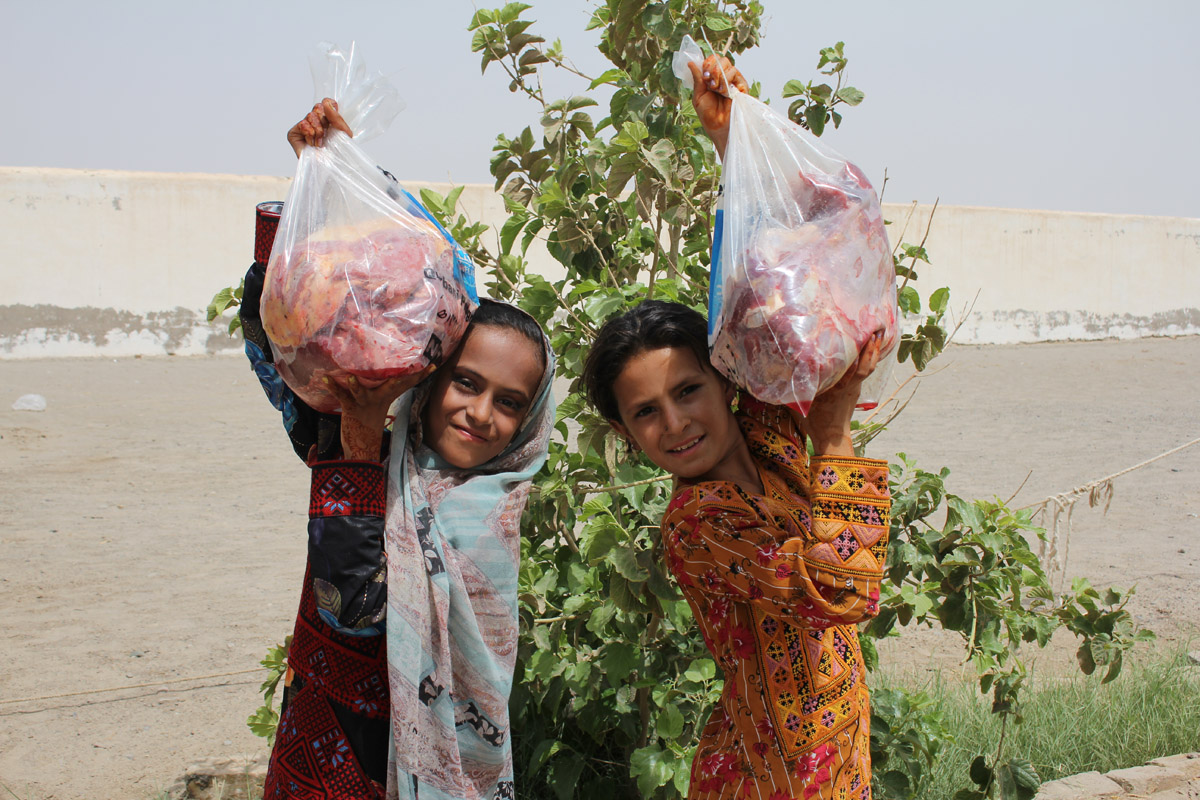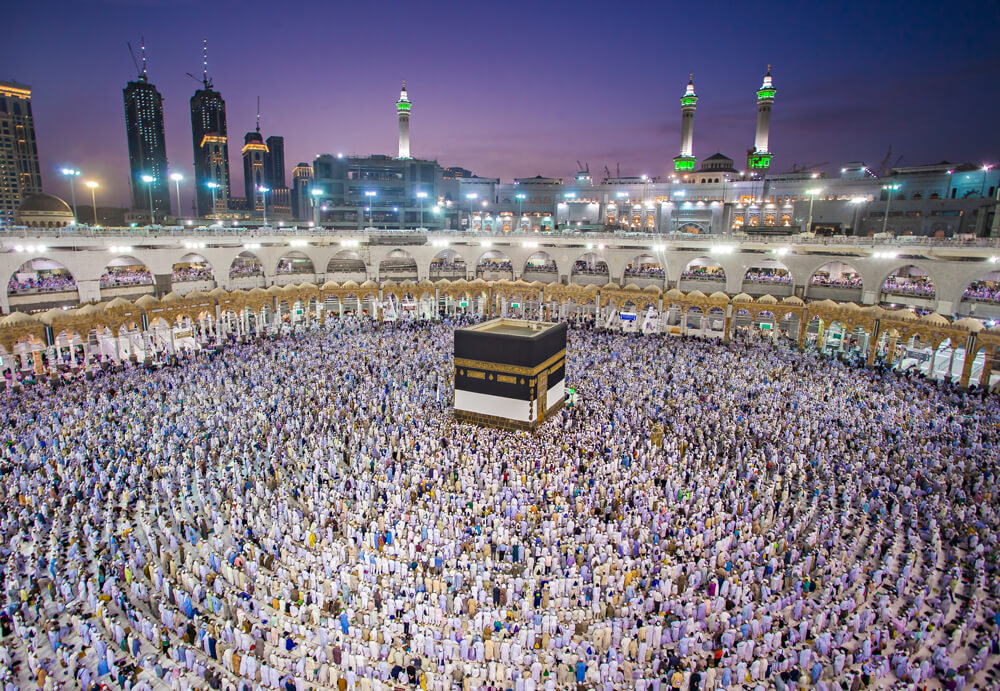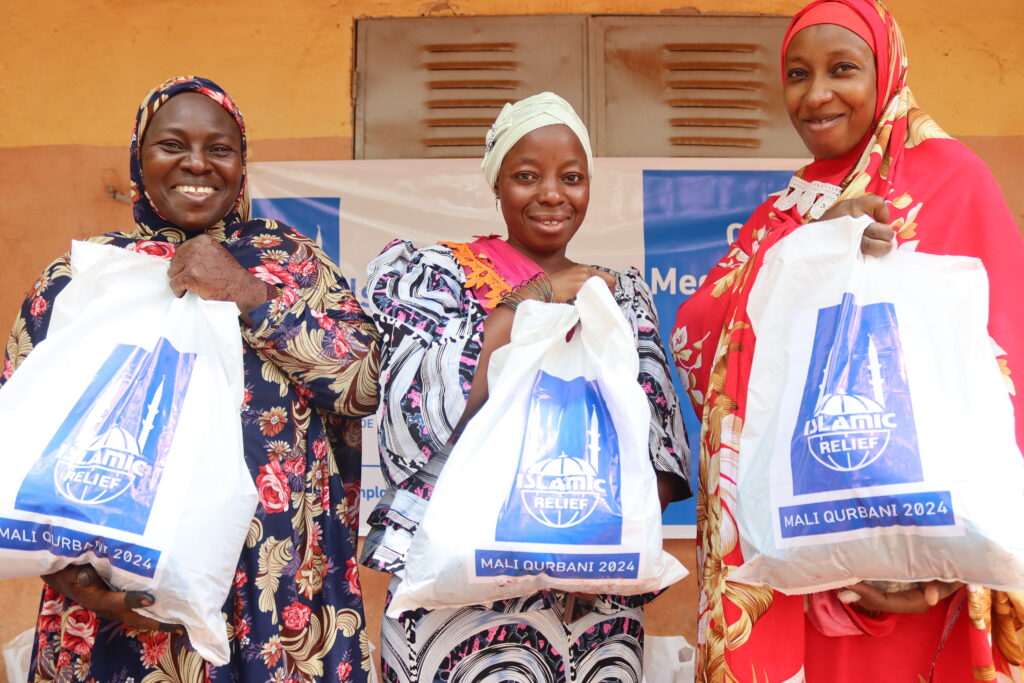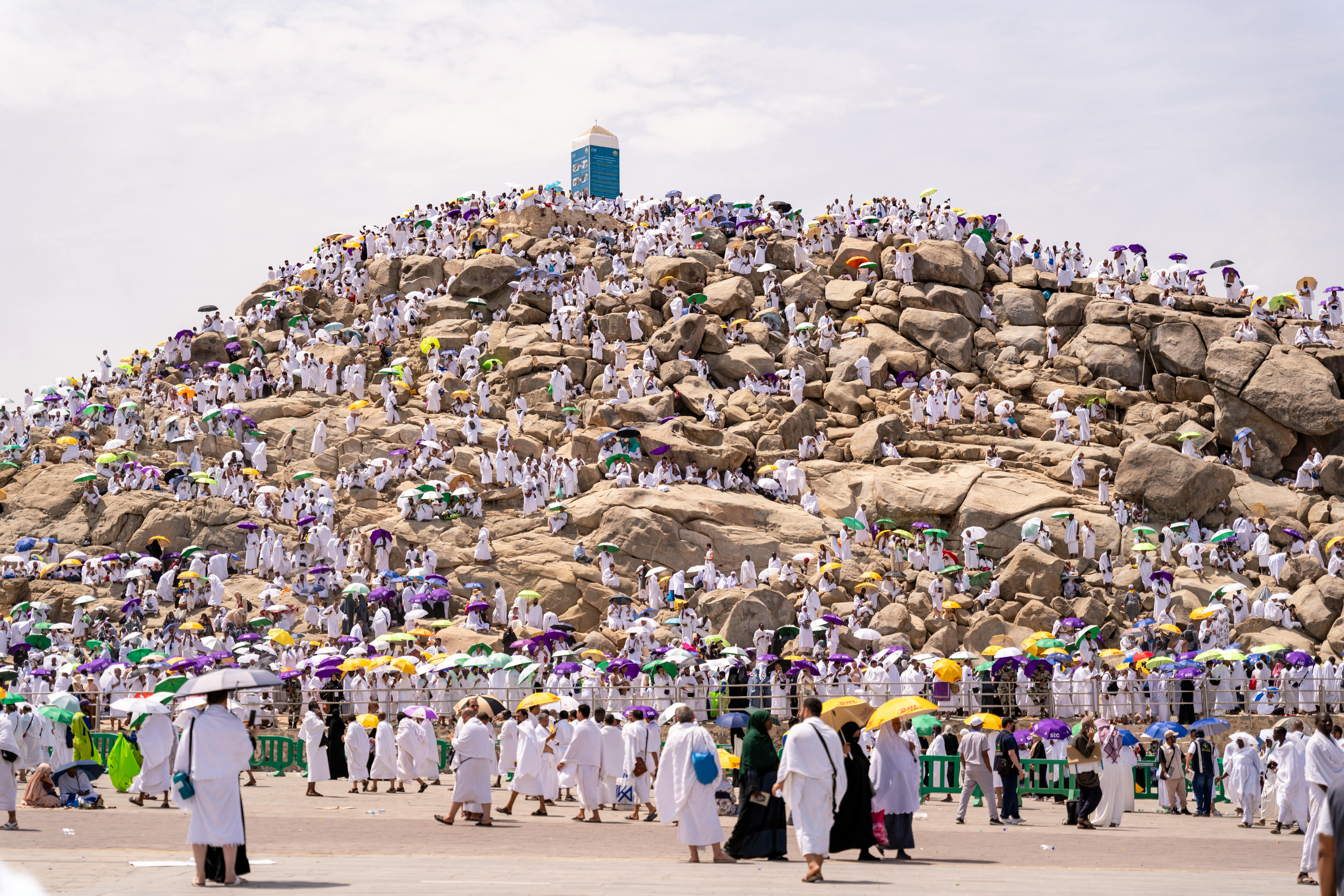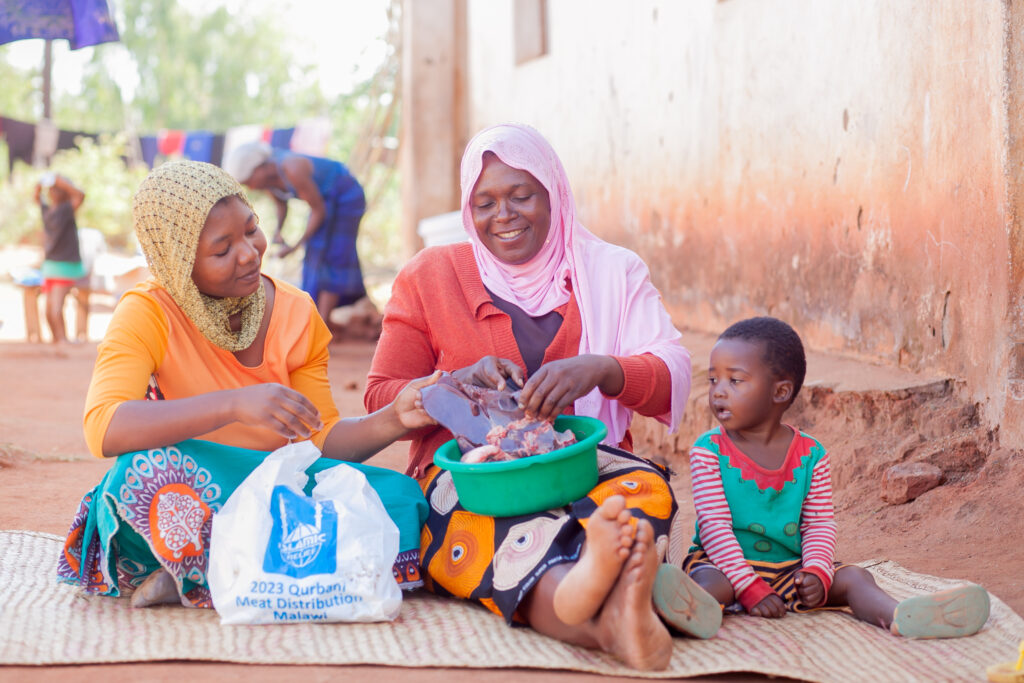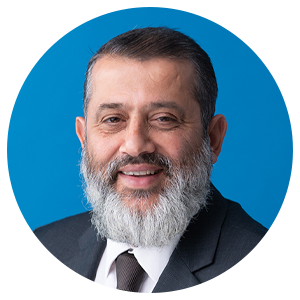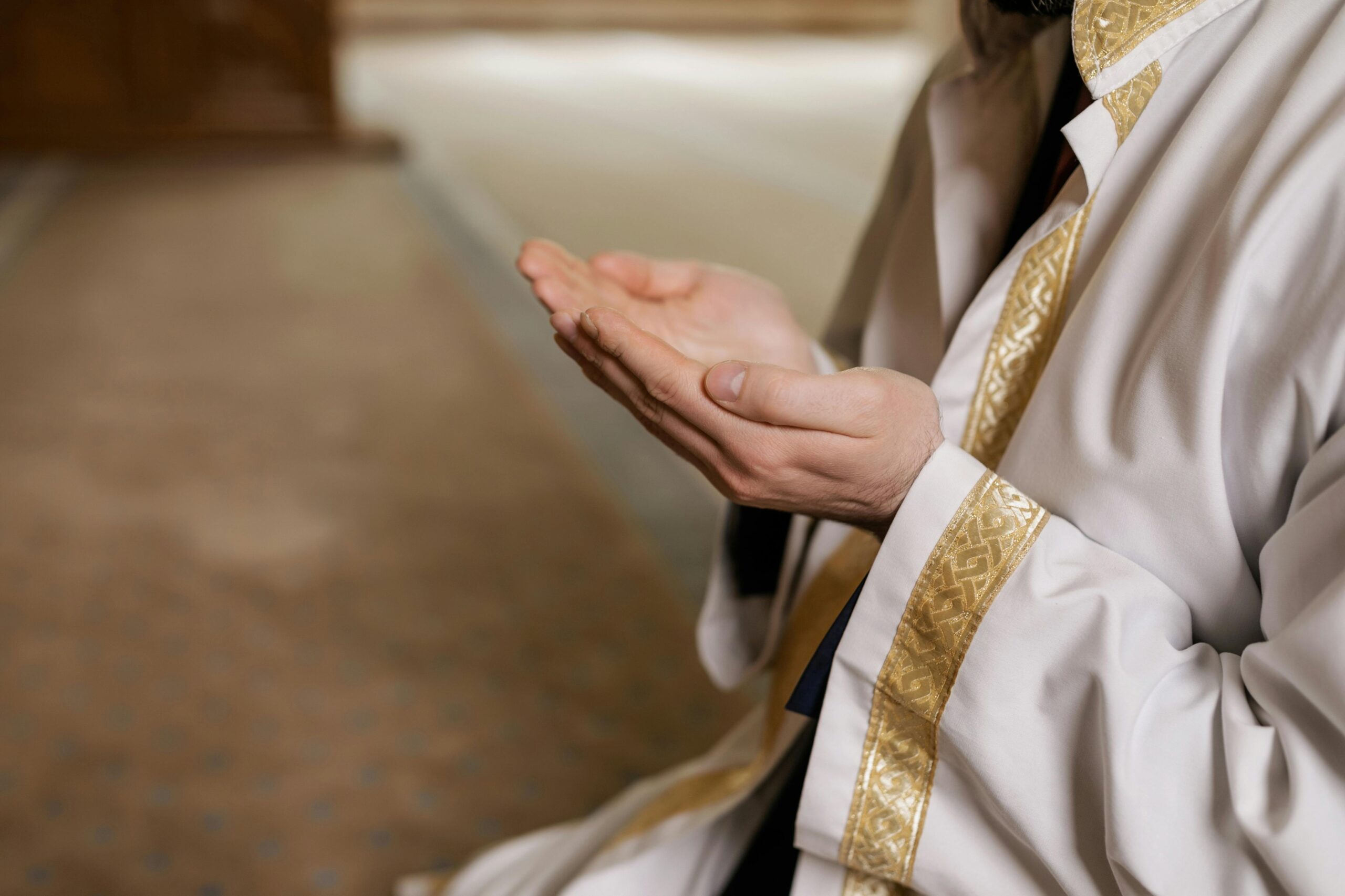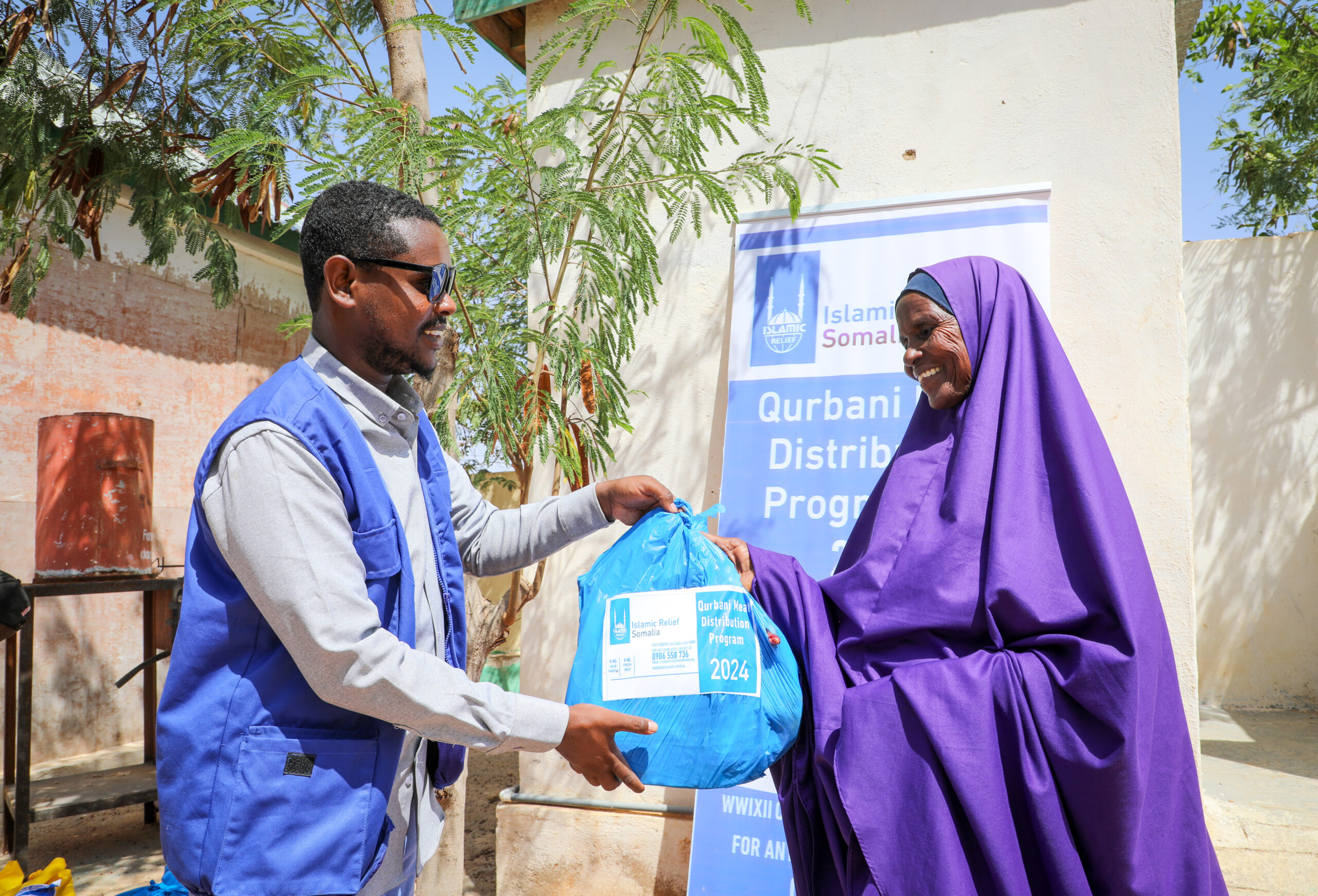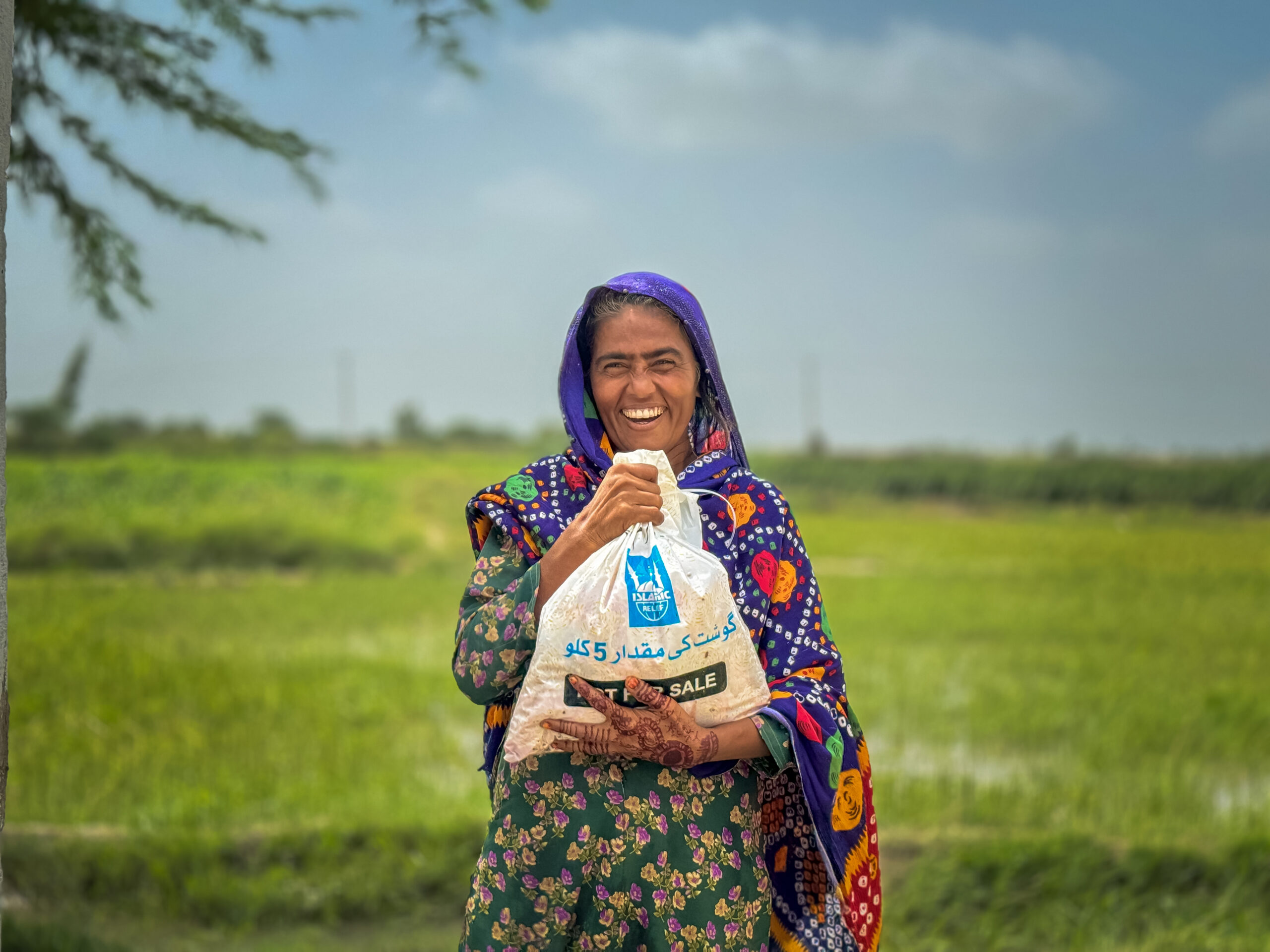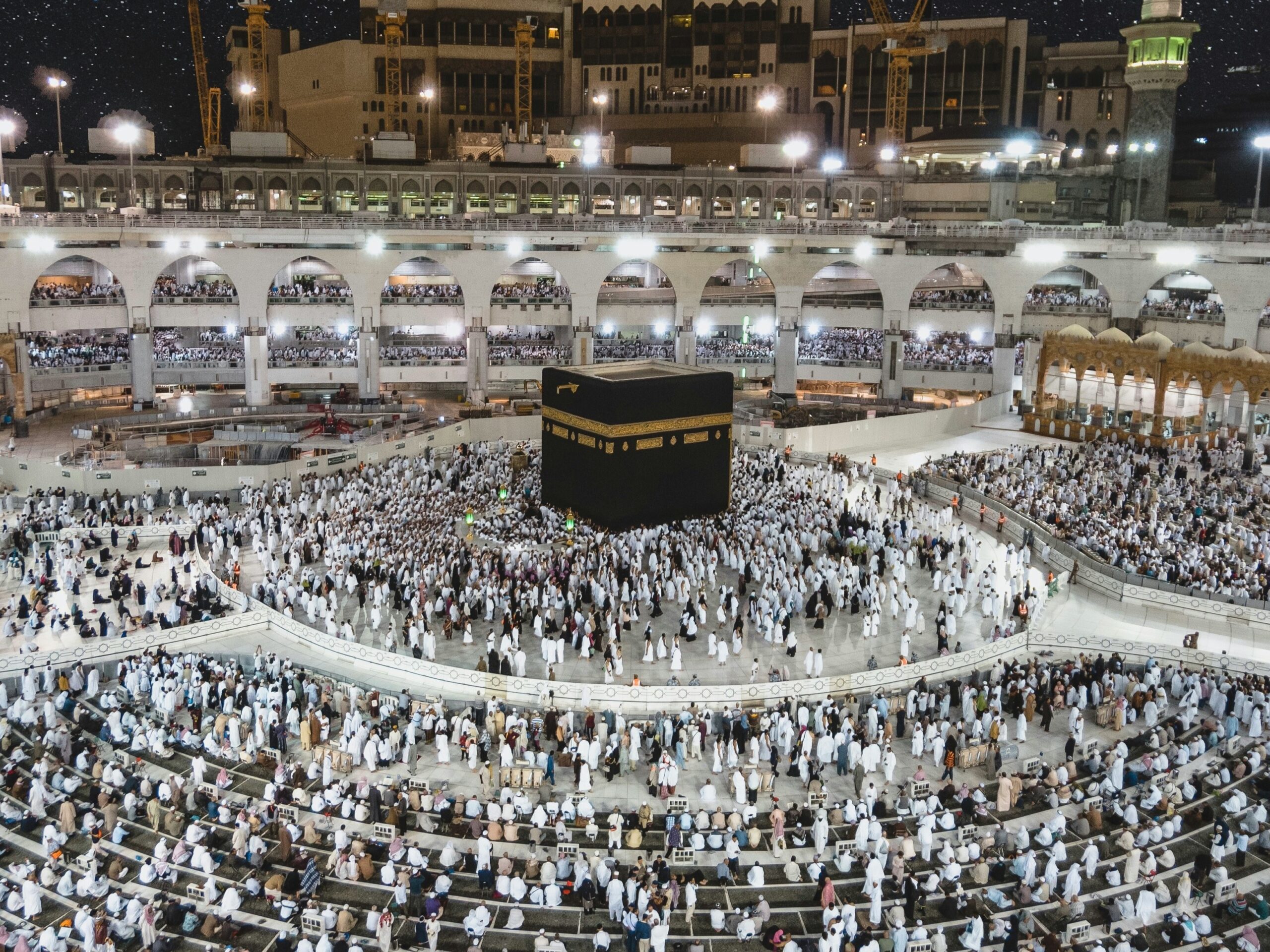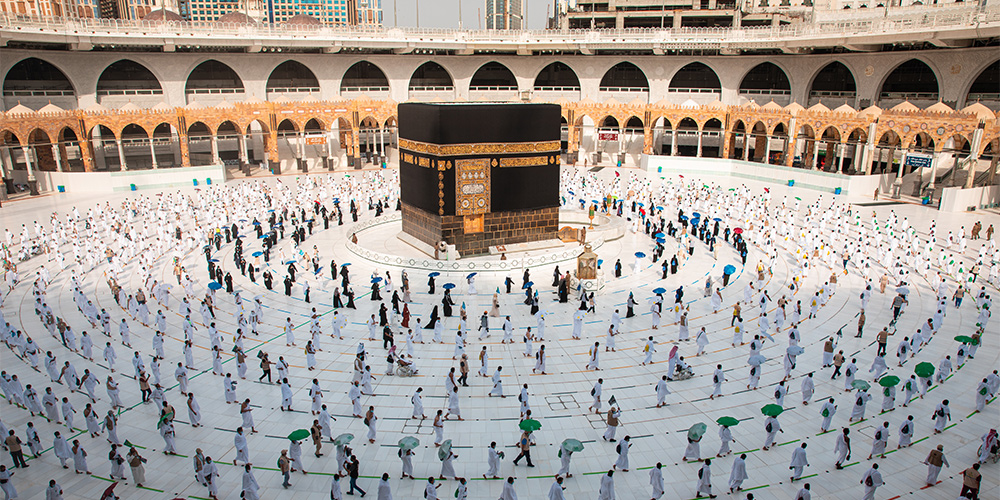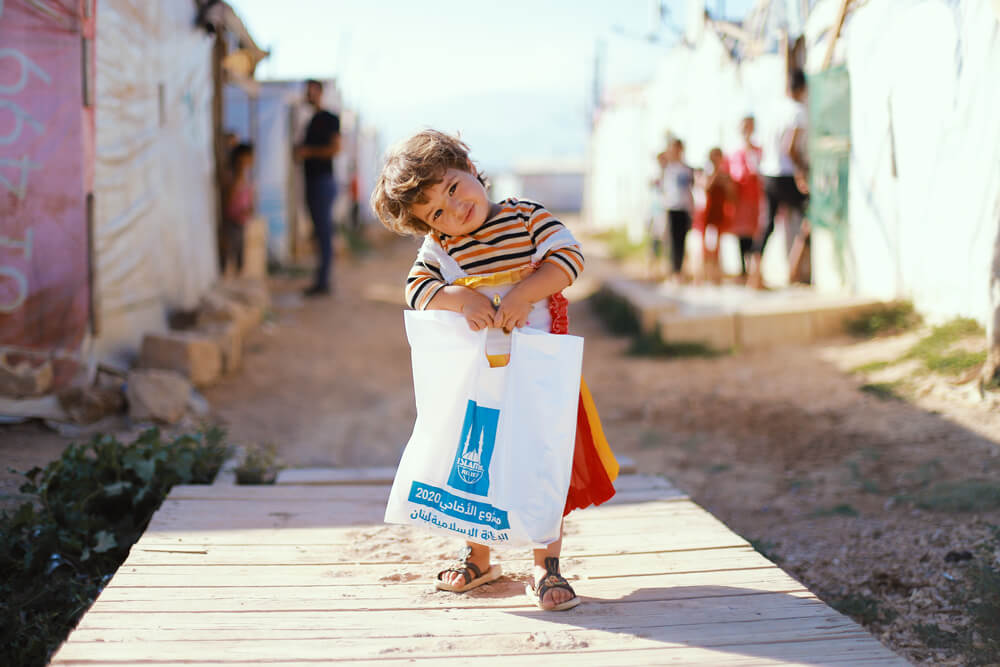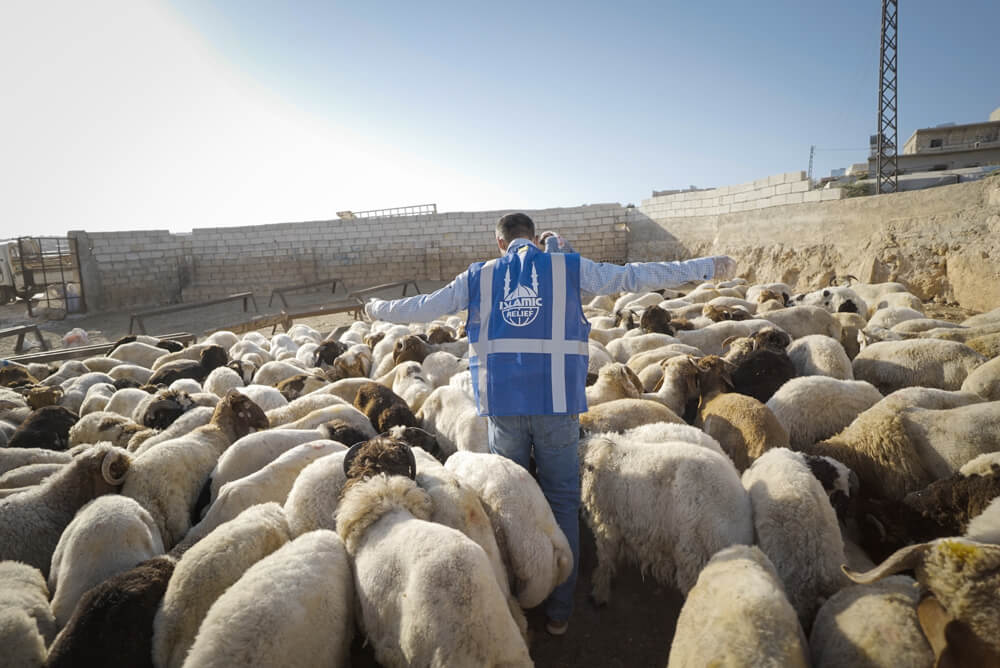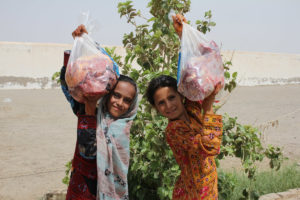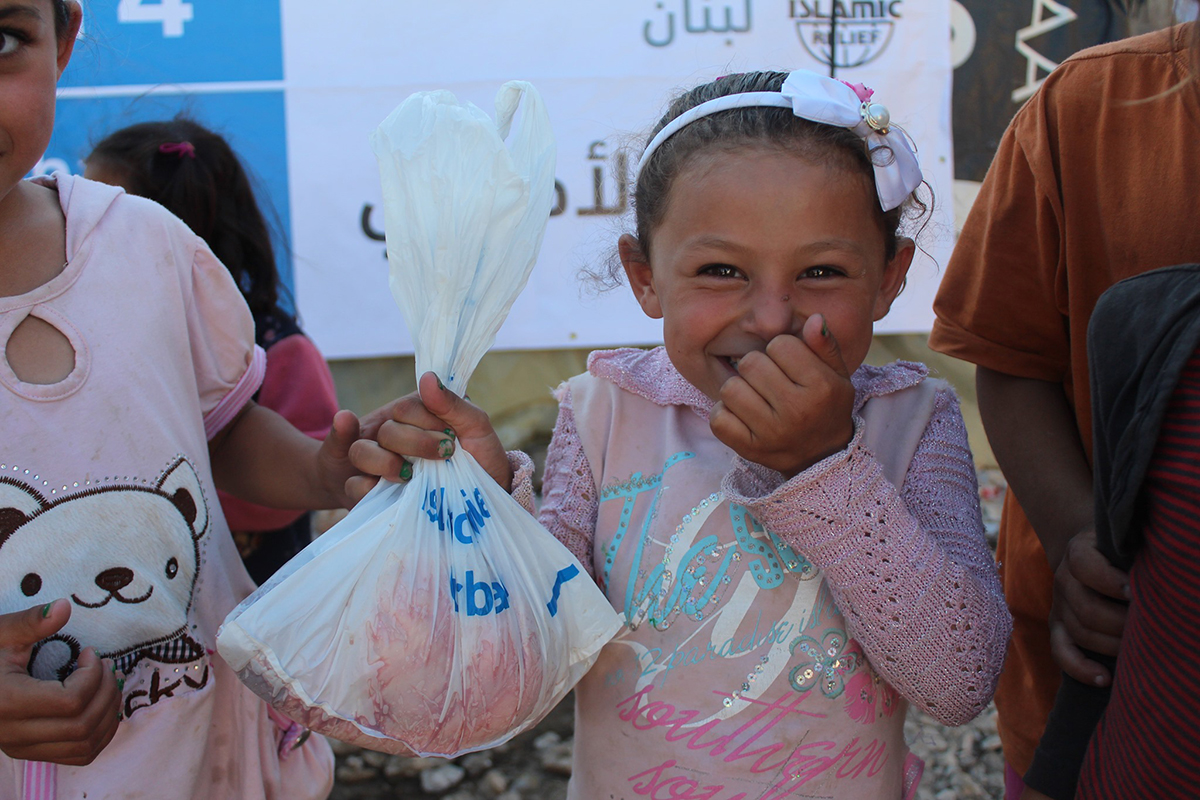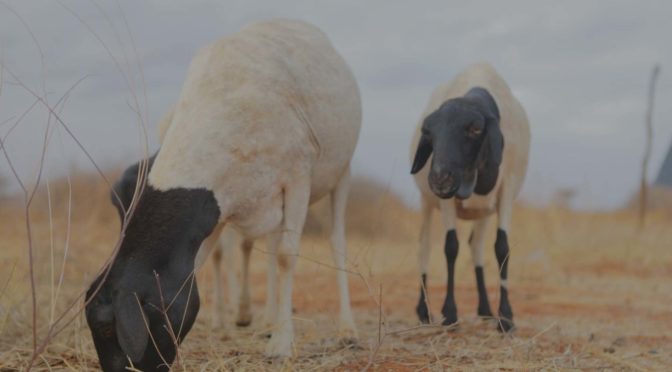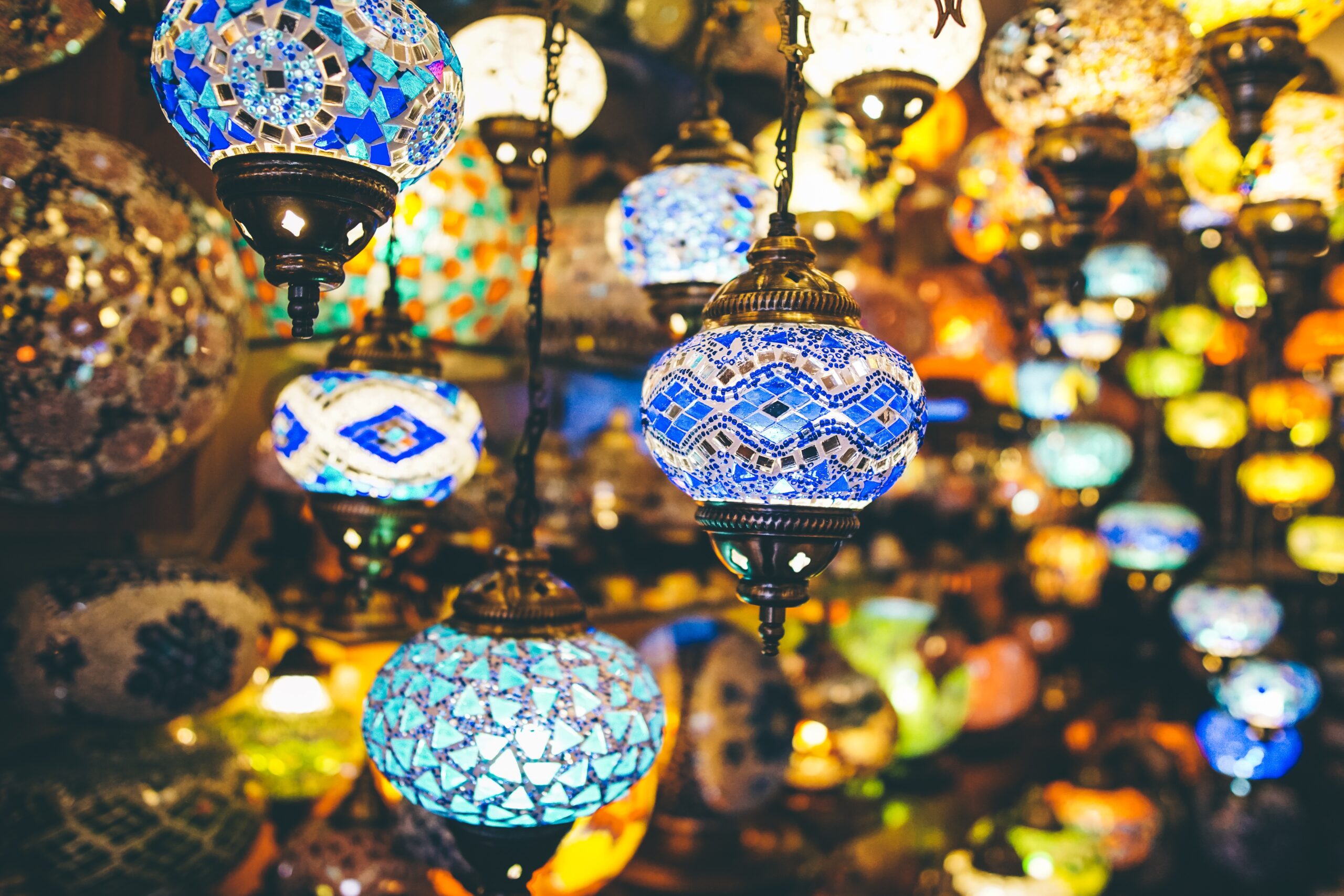
05.25.25
Eid Day: Reviving Its Sunan (How the Prophet (PBUH) Celebrated It)
The day of Eid is a time of joy, gratitude, and togetherness for Muslims around the world. It is an occasion that celebrates the successful completion of Ramadan, for Eid al-Fitr or Hajj, for Eid al-Adha.
To truly appreciate the beauty of the festival, we should understand and follow its Sunan. These are the traditions of Prophet Muhammad (ﷺ) performed on this special day. In this article, we explore the Sunan of Eid Day and discuss its significance.
Performing Ghusl (Ritual Bath)
One of the first Sunnah is to perform ghusl, a full-body ritual bath, before leaving for the Eid prayer. This act of purification signifies physical and spiritual cleanliness as Muslims gather to offer their gratitude and prayers to Allah.
Wearing One’s Best Clothes
On Eid, it is a sunnah to wear our best clothes, or even purchase new clothes for the occasion. This practice symbolises respect and honour for the day. It is also a way to exhibit gratitude to Allah (SWT) for His countless blessings.
Eating Before Leaving for Eid Prayer (Eid al-Fitr)
For Eid al-Fitr, it is sunnah to eat an odd number of dates or something sweet before leaving for the Eid prayer. This act breaks the fast and marks the end of Ramadan, signifying that Muslims are no longer fasting and can now enjoy the festive celebration.
Fasting Before Leaving for Eid Prayer (Eid al-Adha)
On Eid al-Adha, it is recommended not to eat anything until one comes back from the prayer. As it is Sunnah to eat part of the sacrifice (Qurban or Udhiyah) one had offered after Eid prayer.
Reciting Takbeer
The recitation of takbeer is an essential sunnah for Eid day. Muslims should recite the takbeer (“Allahu Akbar, Allahu Akbar, La ilaha illallah, Allahu Akbar, Allahu Akbar, wa Lillahil Hamd”) while leaving their homes for the Eid prayer and until the prayer begins. The takbeer is a proclamation of Allah’s greatness and a way to glorify Him for the successful completion of Ramadan or Hajj.
Attending the Eid Prayer
The Eid prayer is a significant part of the day’s celebration. It is an opportunity for the entire Muslim community to come together in unity and thankfulness. Muslims should attend the prayer, including women, children, and the elderly, to foster a sense of community and togetherness.
Walking to the Eid Prayer
It is recommended to walk to the Eid prayer, if possible, as this was the practice of the Prophet (PBUH). Walking to the prayer symbolises humility and submission to Allah (SWT).
Offering the Eid Greeting
After the Eid prayer, Muslims should greet one another with the traditional greeting, “Taqabbal Allahu minna wa minkum” (May Allah accept (our good deeds) from us and you). This greeting fosters a sense of unity and love among the community and reminds Muslims of their shared faith and devotion.
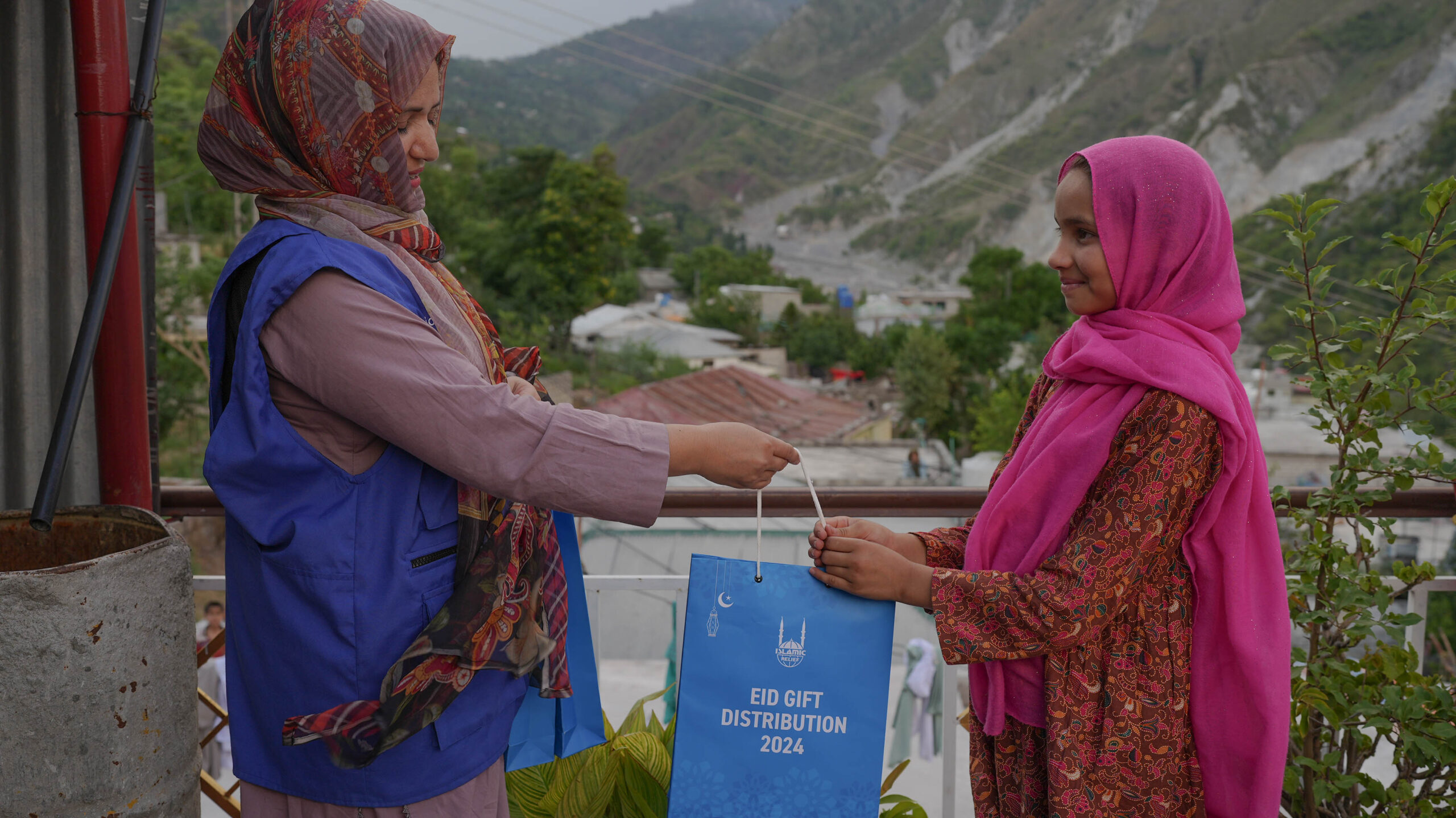
Are You Ready for Eid Day?
For Eid Al-Adha, be sure not to forget the practice of Qurban! Give your Qurban for 2025 today so that it can be carried out in time for the days of Sacrifice!
All in all, Eid is a joyous occasion that brings Muslims together in celebration and gratitude. By reviving and practising the Sunan of Eid day, as exemplified by Prophet Muhammad (ﷺ), Muslims can strengthen their faith, enhance the spirit of unity, and experience the true essence of this blessed day.
Spread joy with a Eid Gift
Give happiness to a needy child on Eid by sending them a Eid gift from just $25!

